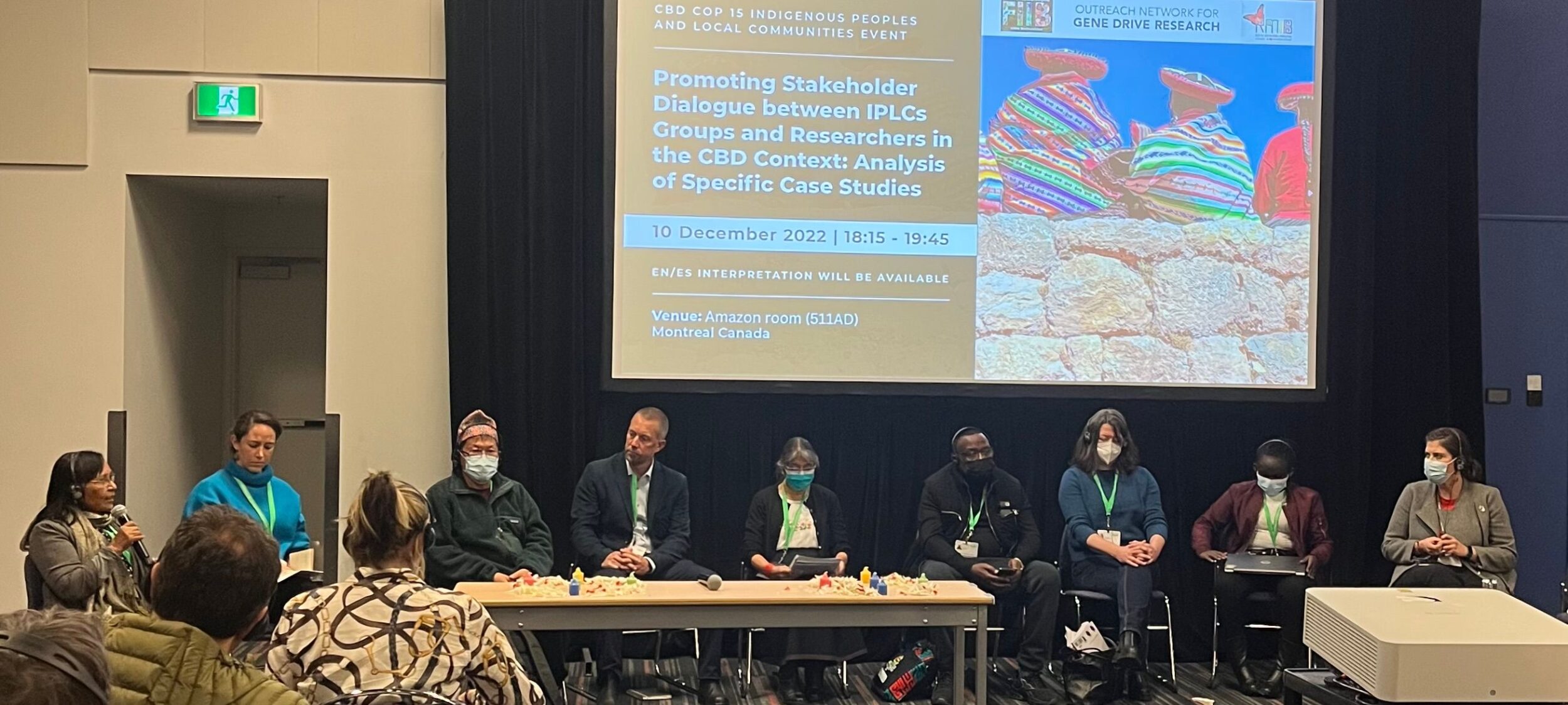Mentorship to empower African women in agribusiness
17 October 2024, Rome – The Food and Agriculture Organization of the United Nations (FAO) and…

Countries adopted the long-awaited Kunming-Montreal Global Biodiversity Framework (GBF) in December during the Fifteenth meeting of the Conference of the Parties to the Convention on Biological Diversity (COP15). The new framework is expected to be a turning point in the fight against biodiversity loss worldwide, setting ambitious goals for actions by countries and other stakeholders to protect our planet.
The GBF shapes biodiversity policies and actions and as a result will impact research priorities for new conservation tools, including potential genetic techniques. As the secretariat of the Outreach Network for Gene Drive Research, the Emerging team helped members to prepare and attend all CBD meetings online and in person and contribute information and evidence on the importance of innovation and scientific research to the achievement of the GBF’s goals. Amongst many activities in the lead to COP15, in 2020 the Outreach Network started a dialogue with representatives of Indigenous People who participate in CBD to share experiences and views on conservation and genetic tools. Participants in this dialogue looked backed on two years of engagement and lessons learned during a formal side event at COP 15. The panel showcased joint initiatives held between 2020 and 2022 to promote dialogue and understanding between Indigenous Peoples and Local Communities (IPLCs) representatives and stakeholders from research and conservation organizations supportive of gene drive technologies.
Members’ efforts to engaged paid off! The GBF adoption should be considered a success. It recognises the importance of science and innovation to meet the objectives of the Convention and the sustainable development goals (SDGs). Increasing scientific cooperation, access to scientific information and access to innovation and technology are some of the elements considered critical for GBF implementation and success.
The Conference in Montreal and resulting GBF are considered by many as the “last chance” for nature to recover from decades of biodiversity loss. The success of the adopted Framework will depend on all nations’ ability to carry out the numerous commitments made in Canada, many of which depend on access to and use of science, technology, and innovation.